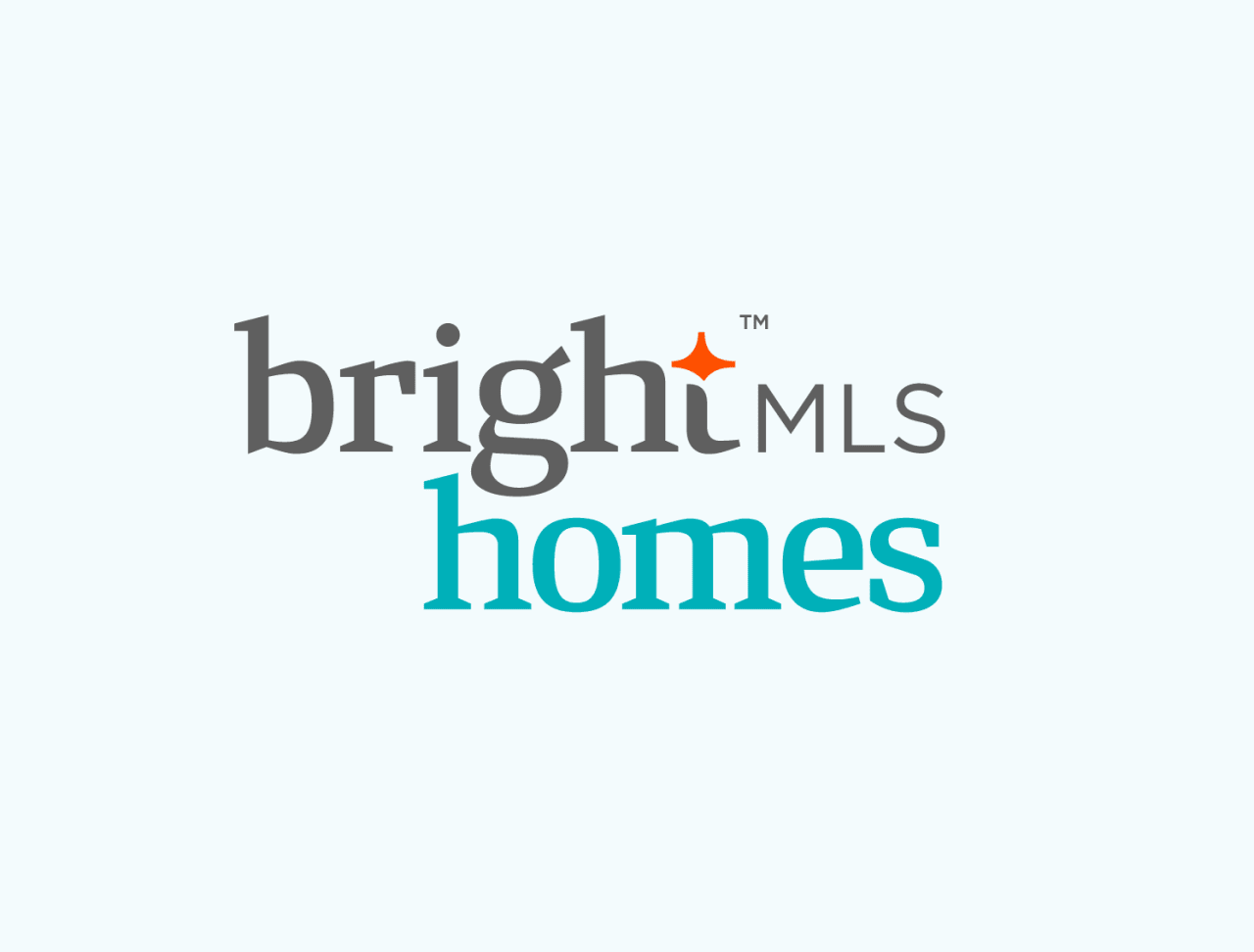Curious about your home's worth? Thinking of selling or refinancing? Whatever your reason, accurately estimating home value is key. But with today's housing market being unpredictable, figuring it out can feel overwhelming.
Whether you're a seasoned homeowner or just starting, this blog will equip you with the knowledge and tools to confidently estimate home value.
Understanding How National and Local Trends Affect Your Home Value
Before diving into specific valuation methods, let's take a step back and understand the bigger picture. The current housing market is a complex dance of national and local factors, both influencing your home's value.
National Market Snapshot:
- Price trends: Are national home prices rising, falling, or stabilizing? This sets the baseline for overall value appreciation or depreciation.
- Inventory levels: Is there a shortage of homes, driving bidding wars and pushing prices up? Or is there an abundance, potentially leading to slower sales and price adjustments?
- Interest rates: How are mortgage rates affecting buyer demand? Lower rates can fuel market activity, while higher rates might cool things down.
Zooming in Locally:
Now, let's shift the lens to your neighborhood. Remember, national trends are just a starting point. Your local market dynamics can differ significantly. Here's what to consider:
- Comparable sales: How much have similar homes in your area sold for recently? These "comps" offer valuable insights into your home's potential value.
- Neighborhood specifics: Are there any factors unique to your area, like school districts, amenities, or development projects, influencing buyer demand and prices?
- Expert insights: Local real estate agents possess deep knowledge of your specific market and can provide valuable guidance on current trends and pricing strategies.
Resources at Your Fingertips:
- Market reports: Stay informed with data-driven insights from organizations like the National Association of Realtors (NAR) or local market research firms.
- Realtor consultations: Leverage the expertise of local real estate agents for personalized insights and market updates. They can also provide comparative market analysis (CMA) to estimate your home's value based on local comps.
Remember, understanding these market forces empowers you to make informed decisions when estimating your home's value. In the next section, we'll delve into specific methods you can employ to get a closer look at your home's worth.
Free Estimation Tools: A Good Guess at Your Home's Value
In today's digital age, numerous online tools can estimate home value for free. These can be a convenient starting point to get a ballpark figure of your home's worth. But before you rely solely on these numbers, let's understand how they work and their limitations.
Under the Hood of Estimators:
These tools typically work by analyzing various data points, including:
- Property details: You'll input information like square footage, number of bedrooms/bathrooms, year built, and property type.
- Public records: Tools access data like assessed value, tax records, and past sales of similar homes in your area.
Based on this information and complex algorithms, they generate an estimated market value for your home.
Convenient, but Not Foolproof
While these tools offer a quick and easy way to gauge your home's value, keep in mind their limitations:
- Accuracy: These estimates can be off the mark, sometimes significantly, due to factors like variations in home condition, upgrades, and unique features not captured in data.
- Specificity: They provide a broad value range and might not consider specific details like recent renovations, unique architectural features, or neighborhood amenities that could impact your home's value.
Think of them as a starting point, not a definitive answer. While online tools can be helpful, don't underestimate the power of professional expertise for a precise estimate.
Comparative Market Analysis (CMA)
For a more comprehensive and accurate estimate of home value, a Comparative Market Analysis (CMA) is the gold standard. Unlike online estimators, a CMA delves deeper, considering your home's unique features and market context.
What is a CMA?
A CMA is an in-depth evaluation conducted by a licensed real estate agent. They analyze recently sold homes in your area ("comps") with similar characteristics, like size, age, amenities, and condition. By comparing your home to these comps, the agent arrives at a more precise estimate of your property's market value.
Benefits of a CMA:
- Accuracy: CMAs take into account your home's specific features and local market trends, providing a more reliable estimate than online tools.
- Comprehensiveness: The analysis goes beyond basic details, considering factors like upgrades, renovations, and neighborhood specifics that influence value.
- Market insights: Real estate agents possess local market expertise, offering valuable insights into current trends and buyer preferences.
Partnering with an Agent:
While you can find online resources that claim to offer CMAs, it's highly recommended to partner with a qualified real estate agent. Their experience and market knowledge can significantly impact the accuracy and value of your analysis.
Finding the Right Agent:
- Seek referrals: Ask friends, family, or neighbors for recommendations of trusted agents in your area.
- Check online reviews: Research their online presence and read client testimonials to gauge their expertise and approach.
- Interview potential agents: Ask questions about their experience, familiarity with your local market, and their approach to CMAs.
Understanding the Analysis:
Once you receive your CMA, ensure you understand its key components:
- Comparable properties: Review the detailed information on the comps used and their similarities to your home.
- Adjustments: Understand how the agent adjusted the comps' prices to reflect the differences between them and your property.
- Final estimate: Ask questions about the reasoning behind the final estimated value and any factors considered.
Remember, a CMA is a powerful tool, but it's just one piece of the puzzle. Use it in conjunction with market research and discussions with your agent to make informed decisions about your home's value.
Professional Appraisals
For the most unbiased and precise estimate of your home's value, consider a professional appraisal. While CMAs offer valuable insights, appraisals are formal reports conducted by licensed appraisers adhering to strict professional standards.
The Appraisal Process:
A professional appraiser conducts a thorough inspection of your home, evaluating its interior and exterior condition, and noting upgrades, amenities, and any potential issues. They also research similar properties in your area, analyzing their sale prices and adjusting for differences to your home. Finally, they provide a detailed report with their final appraised value, supported by their analysis and market research.
When is an Appraisal Necessary?
While not always required, appraisals are often recommended in specific situations:
- Selling your home: This ensures an accurate asking price aligned with market value, attracting serious buyers and avoiding underpricing or overpricing.
- High-value homes: Complex properties with unique features or significant value might benefit from the precision of an appraisal.
- Tax appeals: If you believe your property's assessed value is inaccurate, an appraisal can support your appeal.
- Refinancing your mortgage: Lenders often require appraisals to determine how much equity you have in your home and qualify for loan terms.
Choosing a Qualified Appraiser:
- Look for certifications: Ensure they hold relevant designations like Certified Residential Appraiser (CRA) or Licensed Residential Appraiser (LRA).
- Verify licensing: Check their license status with your state's appraisal board.
- Seek experience: Choose an appraiser with experience in your local market and property type.
- Compare fees: Get quotes from different appraisers and understand their service offerings.
Understanding the Appraisal Report:
The report will detail the appraiser's methodology, comparable property analysis, adjustments made, and the final appraised value. Review it carefully and ask questions about any aspects you don't understand.
Additional Considerations: Home Improvements and Unique Features
Remember, a home value estimate isn't just about its basic characteristics. Here are some additional factors to consider:
- Home improvements: Recent renovations and major upgrades can significantly impact value. Ensure the appraiser understands their quality and market appeal.
- Unique features: Historical significance, waterfront views, or other unique features can add value, but their impact depends on buyer preferences in your market. Discuss these with your appraiser and agent.
Balancing Your Needs and Goals
Ultimately, the best approach to estimating your home's value depends on your individual needs and goals. Are you looking to sell quickly or maximize your sale price? Discussing your goals with a qualified real estate agent can help you determine the most suitable method for your situation.
By combining the insights from online tools, a detailed CMA, and potentially a professional appraisal, you can gain a well-rounded understanding of your home's value and make informed decisions about your next steps.
Ready to discover the value of your home? Consult with a trusted real estate professional like Joseph Sabeh. With his expertise and personalized guidance, you can confidently navigate the estimation process and make informed decisions about your property's future.
Contact Joseph Sabeh today for a free consultation and discover your home’s true value!





